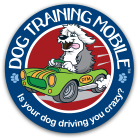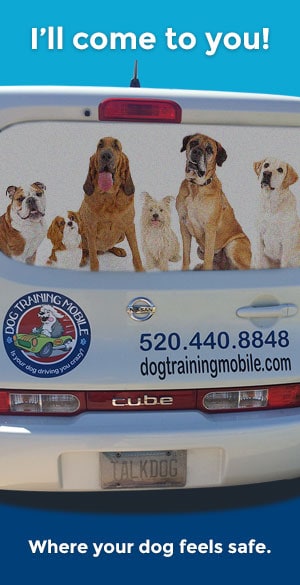Helping our Aging Dogs
- G
- Jan, 20, 2018
- Behavioral Issues, Resources, Safety, Training
- Comments Off on Helping our Aging Dogs
Stroking that grey, grizzled head of your devoted canine pal reminds us of how much our dogs have given us over the years in loyalty, companionship, and service to our needs. It’s now become the norm that dogs are trained to provide specialized services, from detecting cancer spikes in a person’s symptoms of diabetes, to performing tasks like turning on lights and opening doors.
For many of us, a dog fills a void in our lives – our dogs are always happy to see us and greet us with enthusiasm. They do all of this and more for us, and ask for little in return. Now, however, as the years progress, our aging dogs need us more than ever – and so it is our duty to provide them with all that they need, to ensure they our aging dogs have peaceful, comfortable “retirement” years ahead.
Here are just a few helpful pointers to ensure your dog stays healthy and happy all through his/ her life.
- Keep your dog’s weight in check. Obesity in dogs of any age is a severe health hazard. If your older dog is not as active as he used to be, cut back on his caloric intake by 10%-20%. Talk to your vet for details on how to do this.
- Dental Issues -This is a common problem with aging dogs. – Consider changing their dog food to a softer kibble that could help if they have issues with their teeth. I put my 12 + year old dog on Stella and Chewy’s because its a baked kibbles and much softer on his teeth and it helps with digestion. When a dog gets to a certain age, they cannot undergo a teeth cleanings or dental repair because the anesthesia could be too hard on the dogs system.
- Age-related hearing loss in dogs is common. Use new ways to help your dog respond to you in his now-silent world. Use high-pitched sounds, or tap on the ground with a stick or your foot to get his attention. Try a soft vibration collar – teach your dog that the vibration means he’ll get a treat when he comes to find you.
- Give your dog a safe place to retreat when he feels he needs to rest or to get away from company or kids. Be sure he has a crate or special room where no one is allowed to pester him – and remember to instruct your kids about this! As with aging humans, your dog may lose his patience more quickly, especially if he is in pain or discomfort from arthritis or other age-related ailments.
- Manage your dog’s pain. My 85-pound senior-aged dog has pain in his hind end. But since our vet prescribed a few common but effective medications, he has been a much happier, more relaxed fella – and so have I! This is a personal topic, our family currently has a dog that’s been part of our family for almost 13 years now. Seeing the changes in his life, knowing he’s uncomfortable at times isn’t easy to deal with. All we can do is see to it that he gets vet check ups as needed and stay diligent with his meds. When we see changes in our dog, we always reach out to our Vet ASAP.
Best wishes to you and your pooch and as always feel free to contact me with any questions.
Dog Training Mobile Gerard Raneri -520-440-8848 – We Come To You –
Family Dog Trainer/ Behavior Modification






